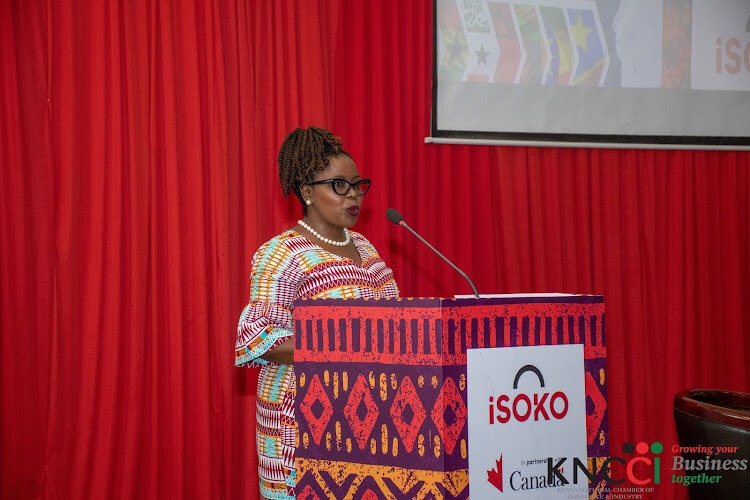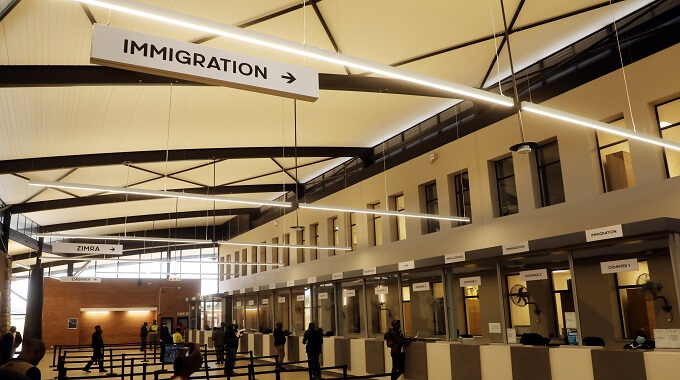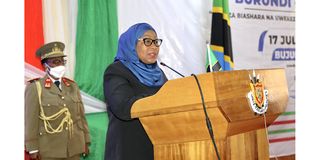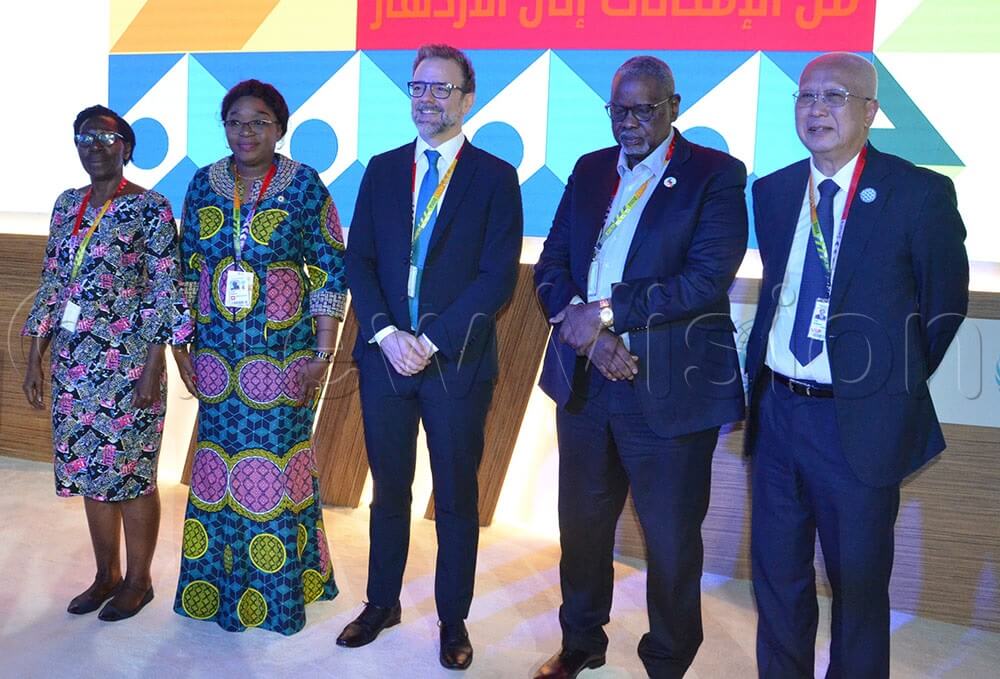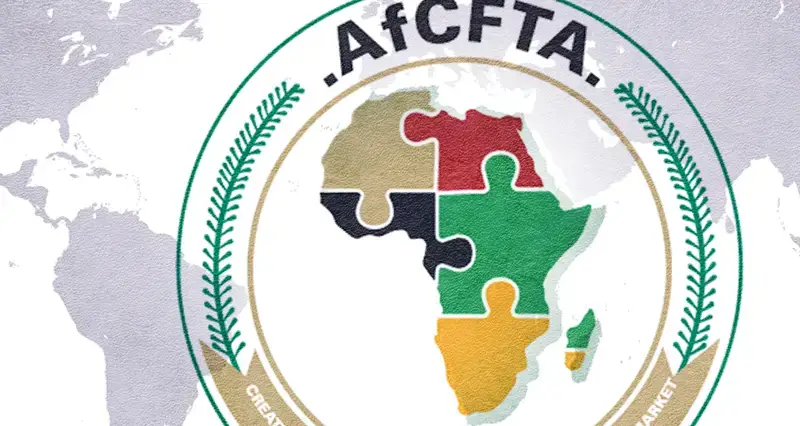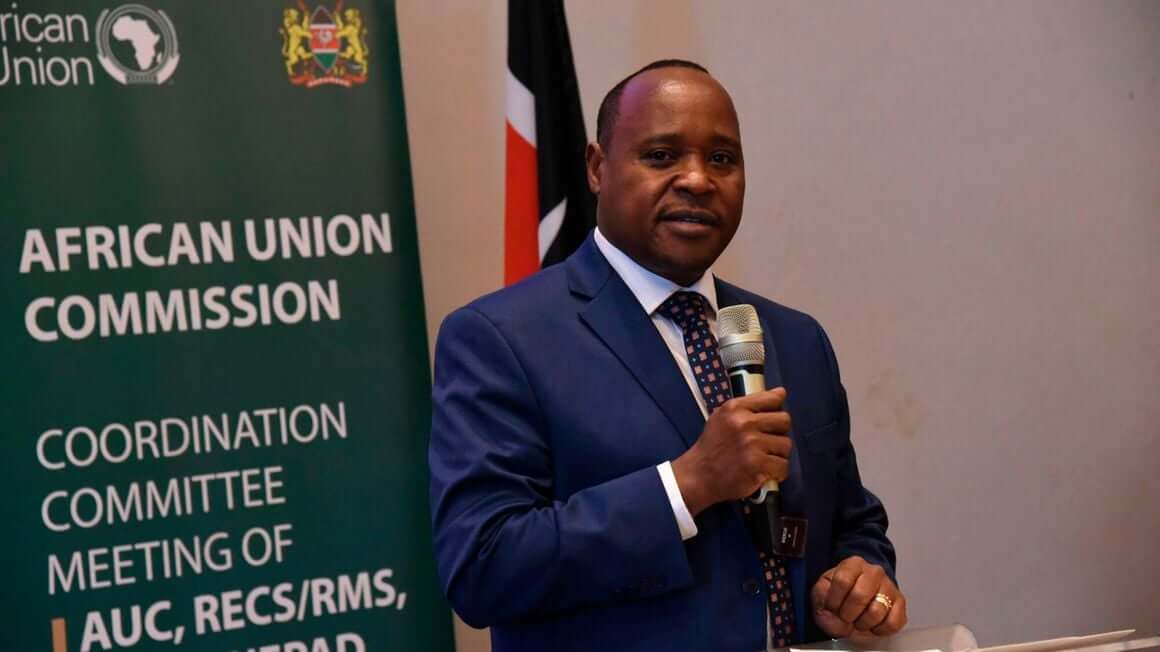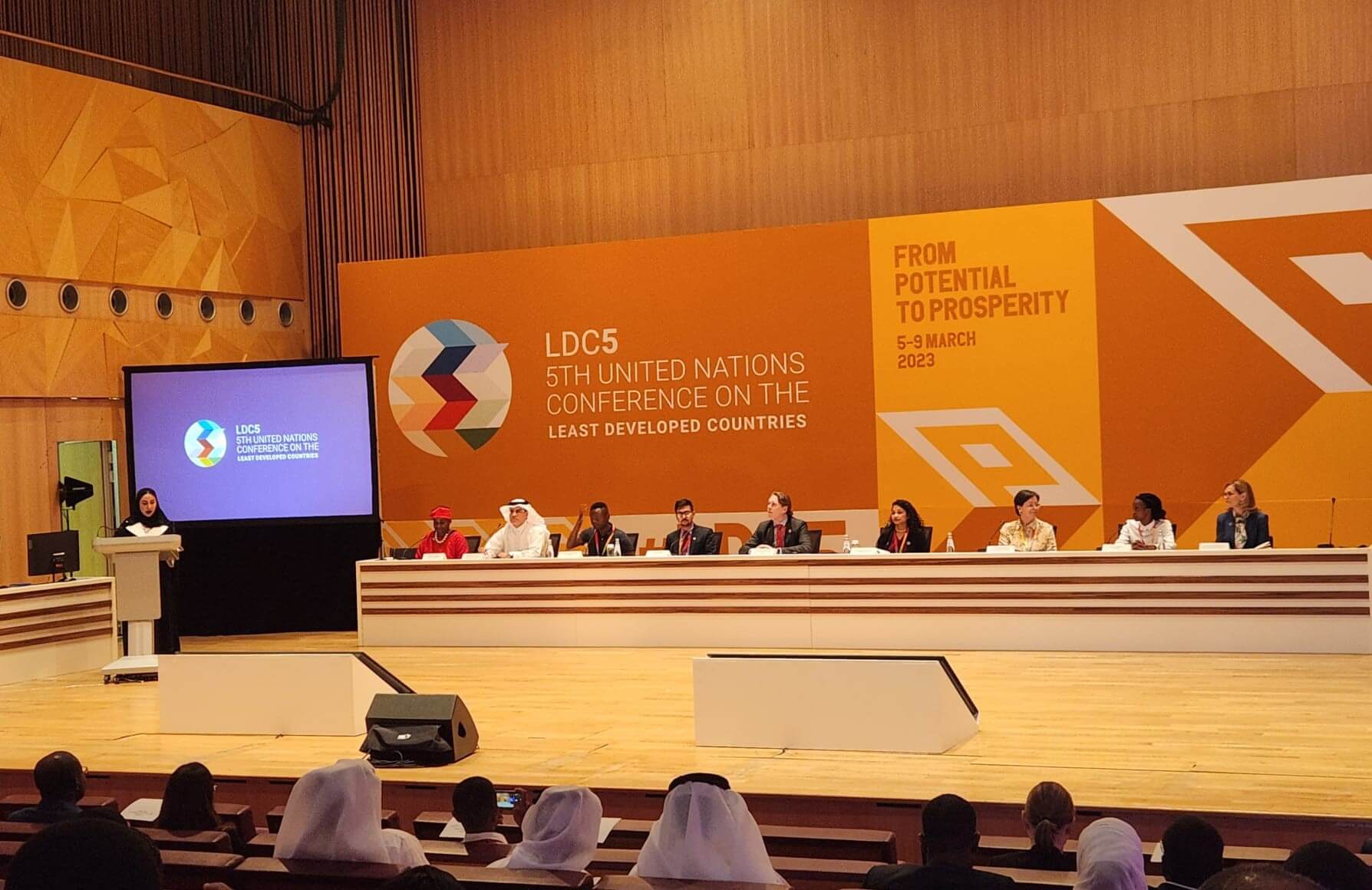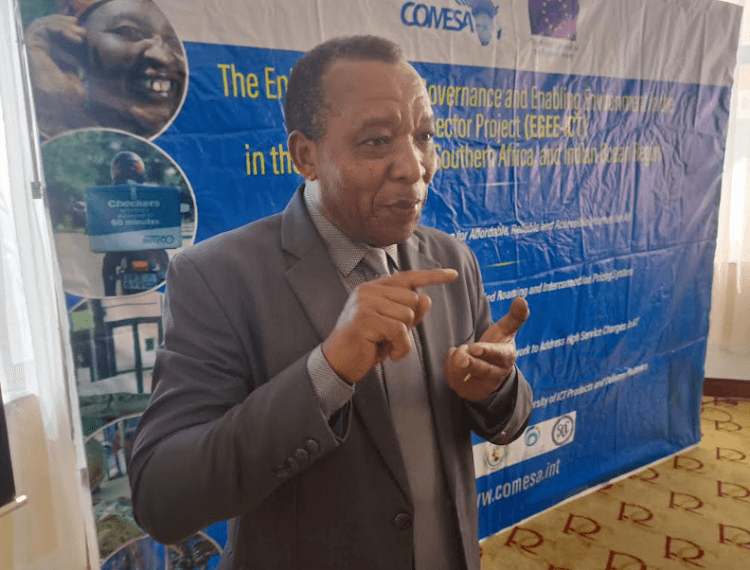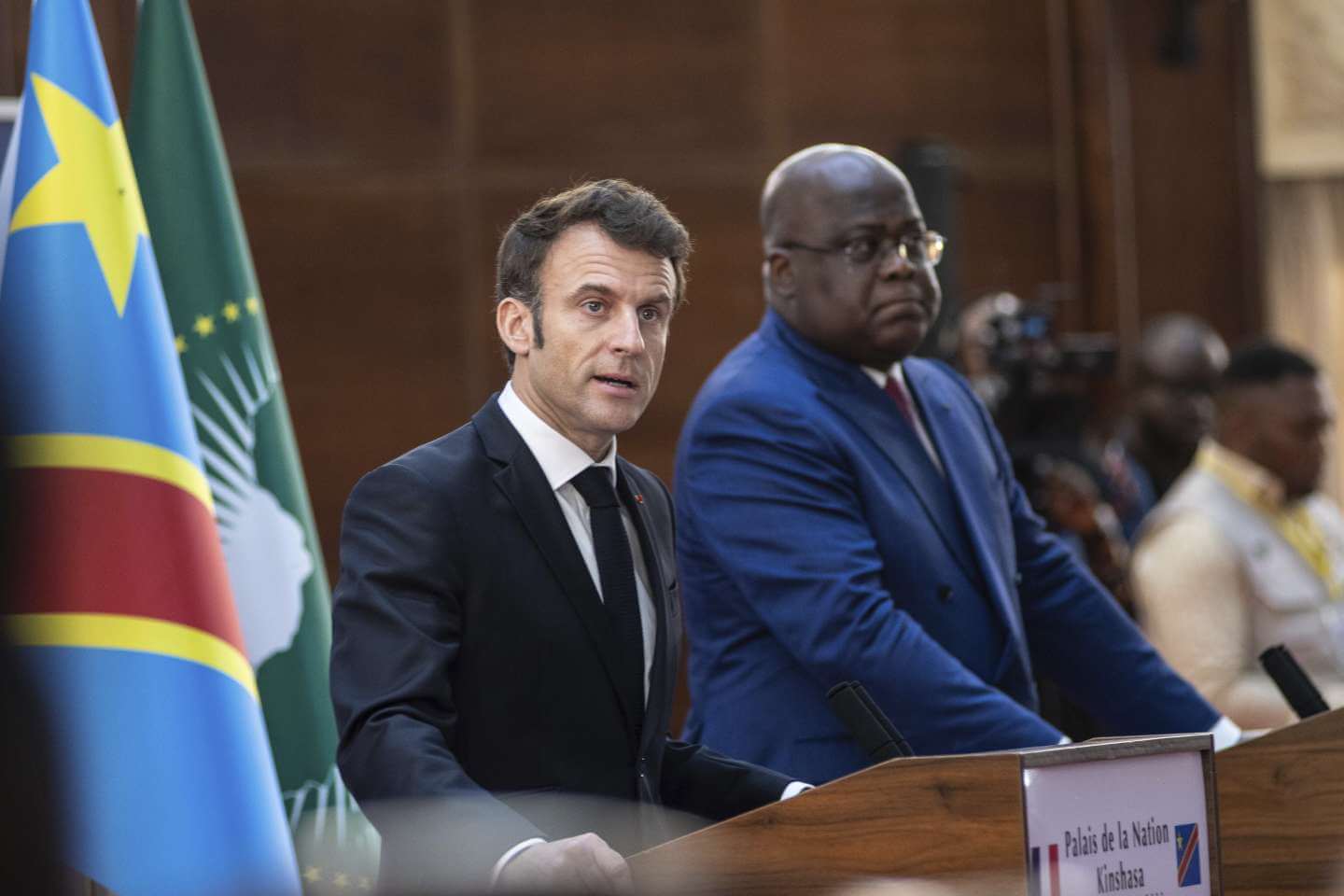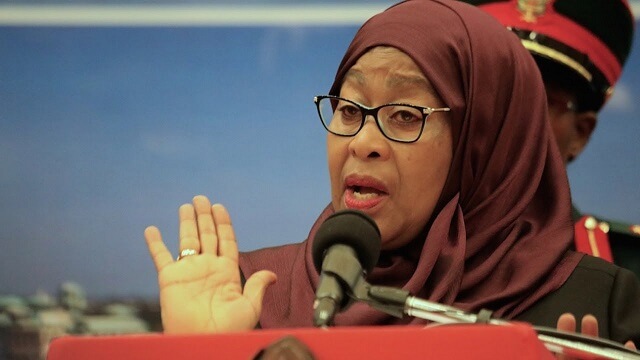In Summary In Kenya, women make about 52 percent of the country’s population and about 30 percent of registered businesses are women-owned. A third of registered SMEs globally are estimated to have been created by women, and about 100million women run established businesses. More than 20,000 women traders from across East Africa will be benefit from a new platform that seeks to link them with the markets for their products. The Kenya National Chamber of Commerce and Industry (KNCCI), Canada and Trademark Africa joint initiative will be undertaken through iSOKO, a platform designed to support women traders in accessing information and selling their produce. Obstacles ranging from limited access to credit facilities, labour and skill gaps, exclusion from key networks, as well as social and legal constraints often hit women. According to TradeMark Africa chief of programmes, Allen Asiimwe, women will now be able to identify the regions their markets are based to enable them make better business decisions. “So far we have reached 3,700 traders who have signed up but we look to reach 20,000 traders across Kenya, Uganda, Tanzania, Rwanda and Burundi being the first pilot by December of 2023,” said Asiimwe. However, the platform is yet to include a currency or mode of payment that cuts across the countries. The Secretary of Trade, in the Ministry of Trade, investments and Industry, Bruno Linyiru said Kenyan women traders face a number of challenges in accessing markets. These include lack of real time information on market prices, demand and...
New platform to link women traders with markets
Posted on: March 23, 2023
Posted on: March 23, 2023

